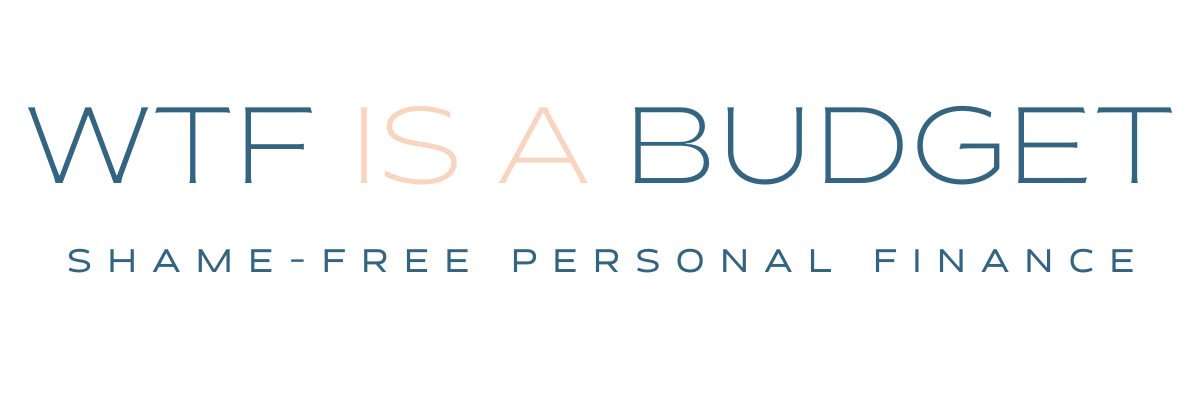Finding Balance in Your Finances: How Mindfulness Makes a Difference
Incorporating mindfulness for a healthier relationship with money
If you are struggling to find balance in your financial life you're not alone. Many of us feel overwhelmed when it comes to managing our money, and it's easy to get caught up in the stress of it all. But there's a powerful powerful, and free, technique you can use to transform your relationship with money and bring harmony to your finances. That's where mindfulness comes in. In this blog post, we'll explore the power of mindfulness in personal finance and share some practical tips on how to stay present with your money. By incorporating mindfulness into your financial routine, you'll not only feel more in control, but also foster a healthier, more balanced relationship with your hard-earned cash. So, let's dive in and discover the benefits of mindful money management!
Why mindfulness matters in money management
When we think about personal finance, our minds usually jump to budgeting, saving, and investing. But there's another crucial aspect that often gets overlooked: mindfulness. Mindfulness is all about being fully present and engaged in whatever we're doing, without being consumed by judgments or distractions. By incorporating mindfulness into our financial lives, we can gain a deeper understanding of our finances and make decisions that align with our true intentions.
As someone who once struggled with money management, despite having two degrees on the subject, I discovered the transformative impact of mindfulness. Here, I'll share some tips on how you can use mindfulness to enhance your own financial well-being.
Establish a mindful money routine
Creating a mindful money routine involves regularly reviewing your finances, becoming aware of your spending habits, and setting financial intentions. By dedicating time each week to this practice, you'll become more attuned to your financial patterns and be ready to make conscious choices.
Find a specific time each week to go over your finances, but make it something to look forward to! Set up a nice space, throw on a face mask and pour a glass of your fave beverage or enjoy your favorite dinner. Then take time to examine your expenses, income, and savings. Be present with each transaction, taking note of the emotions or thoughts associated with it from a place of curiosity, not judgement. This will help you identify your money triggers and adjust your financial behaviors accordingly.
Embrace self-compassion and let go of judgment
An essential element of mindfulness is releasing judgment. In the realm of personal finance, we can be our own harshest critics and we can be even harder on ourselves if we struggle with mental health issues or neurodivergence. It's crucial to approach our financial lives with self-compassion, viewing money mistakes as opportunities for growth.
When reviewing your finances, be gentle with yourself. Acknowledge any feelings of guilt, shame, or anxiety that arise, and then release them by switching to a mindset of curiosity. Rather than saying to yourself, “I cannot believe I spent so much money on DoorDash again!!” ask yourself “I’m spending more on DoorDash than I’d like to. What is causing that?” Practicing self-compassion will help you cultivate a healthier relationship with money and make smarter financial decisions over time.
Stay present when making financial decisions
Being present while making financial choices often leads to better outcomes. To maintain this presence, try slowing down when handling money matters. Before making a purchase or taking on a new expense, pause and consider whether the decision aligns with your values and financial goals.
Integrating mindfulness into your personal finance journey will enable you to feel more in control and clear-headed when managing your money. It may take time and dedication, but with persistence, you can create a more empowered and financially stable future.

